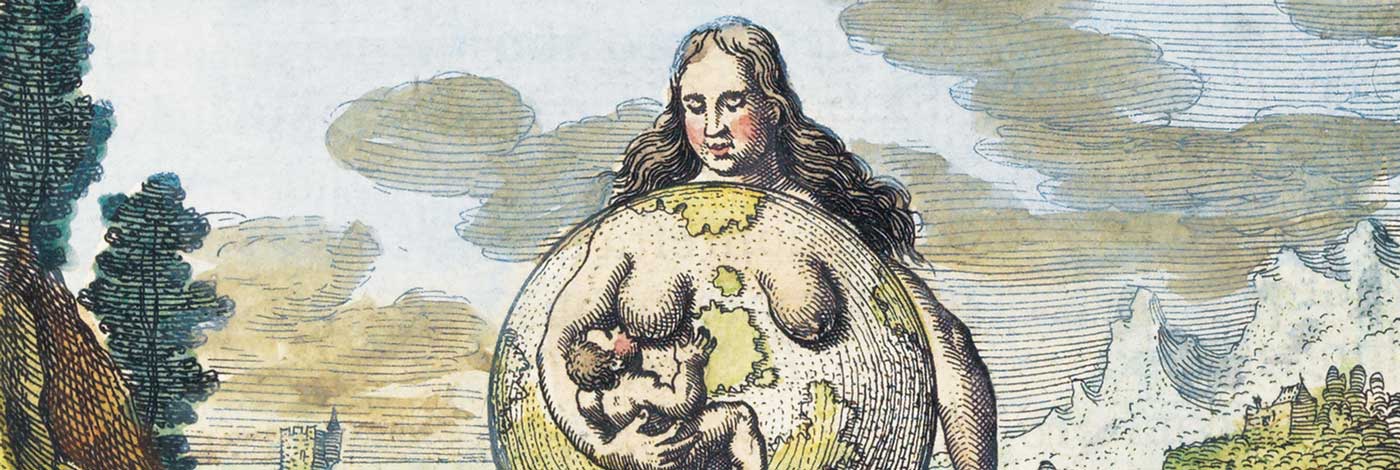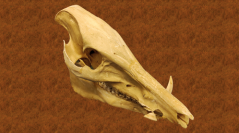

 Anthropozoologica
58 (3) - Pages 23-33
Anthropozoologica
58 (3) - Pages 23-33The lives of both humans and non-human animals are determined by ideas about what makes an animal good or bad, or why some animals are deemed suitable to be eaten and some do not. Food taboos are indeed a key factor for understanding human-animal relationships and ways of socio-cultural and religious self-definition, but have surprisingly occupied little space in archaeological research so far. The medieval Iberian Peninsula was a melting pot of different socio-cultural and religious groups. Their research and their possible visibility through the zooarchaeological record are topics that have received increasing attention over the last few years. In this paper, the available zooarchaeological evidence will be reviewed, focusing on the visibility of dietary habits of Christian, Jewish and Muslim communities. Moreover, the preliminary results of the analysis of the faunal remains recovered at the Jewish site of Santa Marta, in Pancorbo (Burgos) are presented.
Animals, diet, Middle Ages, Islam, Christianity, Judaism, archaeology.